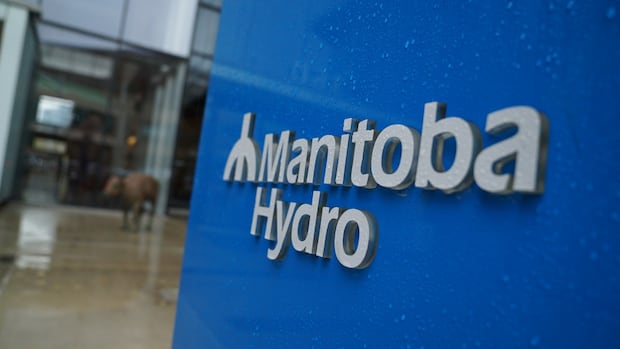Manitoba will cancel some hydroelectricity exports to the U.S. in an effort to power more homegrown projects, Premier Wab Kinew says.
Manitoba will let two of its hydroelectric agreements which exported power across the southern border expire, Kinew told reporters on Monday. The province is “repatriating” that power to invest in Canadian projects as trade tensions with the U.S. drag on, he said.
“We saw that there’s 500 [megawatts] of export contracts that are expiring at the end of the month, and so we’ve decided as Canadians and as Manitobans [that] we are going to use that power to build up our own economy here at home,” he said.
Manitoba Hydro spokesperson Peter Chura said the contracts set to expire involved the sale of 375 megawatts of summer power and 125 megawatts of annual power to Northern States Power, which is part of Xcel Energy, a NASDAQ-traded private utility based in Minneapolis.
Kinew said that he informed Minnesota Governor Tim Walz about the move months ago and said the governor was understanding.
Manitoba will still sell electricity to the U.S. and buy it during the winter, Kinew said.
“We’re still going to be good partners, and reliable partners, for our American export market,” Kinew said. “But the reality is, we’re also going to step up to a new level of engagement in terms of leading the energy conversation in Canada.”
‘Appetite’ for a big Canadian trade, energy project
While Manitoba Hydro’s rates are frozen for this year, it has applied for a series of three annual electricity rate hikes of 3.5 per cent, beginning in 2026.
Drought and low water levels over the last two years have caused Manitoba Hydro’s revenues to dip, the Crown corporation said in its recent rate application to the Public Utilities Board. Hydro is now carrying $24.6 billion worth of debt.
Hydro’s rate application also states Manitoba Hydro faces a $31-billion tab for increasing its generating capacity and repairing aging infrastructure. Two out of its three main transmission lines have lost 20 per cent of their capacity to carry electricity, the application stated.
Hydro plans to spend $1.4 billion to build a new 500-megawatt fuel-burning energy plant by 2030 to stave off winter power shortages and plans to partner up with Indigenous-owned businesses to develop 600 megawatts of wind farms.
Kinew declined to discuss the financial implications of cancelling U.S. contracts on Manitoba Hydro, claiming that decision is built into Hydro’s rate application.
Kinew said he wants Manitoba Hydro to set aside 50 megawatts of power to be dedicated to a transmission line to Nunavut in the north.
“Can we put a transmission line there? Can we attach broadband to it? Can we connect that Churchill along the way and open up opportunities here in Manitoba? I think we can,” he said.
Representatives from Nunavut will be in Manitoba on Wednesday to sign an agreement, and Kinew says he hopes the federal government will be on board after the federal election later this month.
The remaining 450 megawatts could be used to power a potential trade corridor heading into eastern or western Canada, Kinew said.
“I think there’s an appetite to approve a big energy and trade project that crosses provincial and territorial borders,” he said.
“We know that those trade corridors are going to need power.”
Hydro has warned for two years it already lacks the excess capacity to serve new major industrial customers.
Kinew said the thermal plant, Indigenous-owned wind farms and the new power repatriation will create or free up a combined 1,600 megawatts of capacity.
Manitoba Hydro’s existing capacity is 6,240 megawatts, albeit only when all its infrastructure is functioning properly and water levels on Lake Winnipeg, the utility’s main reservoir, are high enough.
